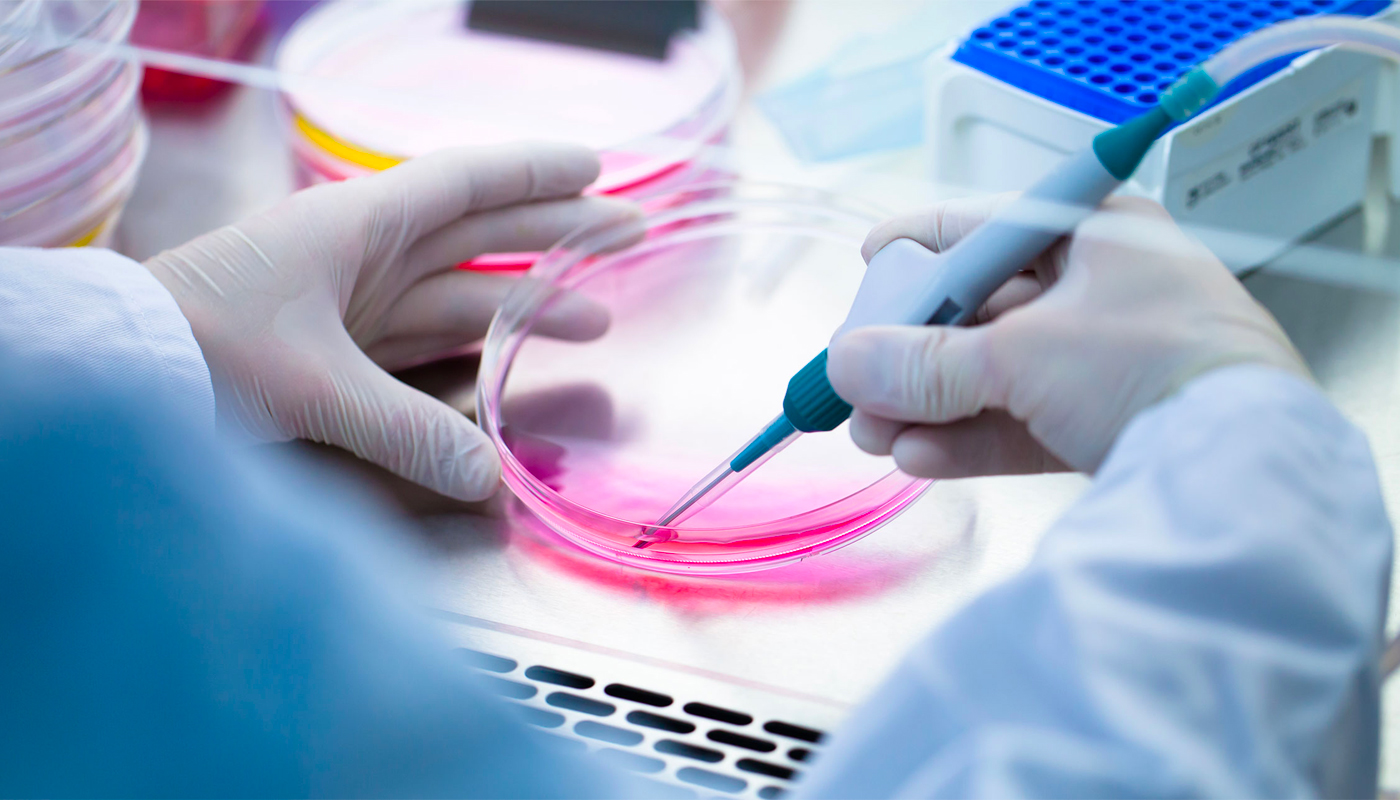Cell wall alterations occurring in an evolved multi-stress tolerant strain of the oleaginous yeast Rhodotorula toruloides

A new article from iBB - Institute for Bioengineering and Biosciences, Biological Sciences Research Group (BSRG), IST (Instituto Superior Técnico), has just been published in the journal Scientific Reports (@Springer Nature Group). In this study, the cell wall integrity under stress and the chemical composition of a Rhodotorula toruloides multi-stress tolerant evolved strain was compared with the original strain. The cell wall alterations occurring in thismulti-tolerant strain, developed through adaptive laboratory evolution (ALE), were suggested in previous studies by the iBB research group, involving comparative and functional genomic approaches (https://biotechnologyforbiofuels.biomedcentral.com/articles/10.1186/s13068-024-02518-0). This evolved strain was found to exhibit higher proportions of glucomannans, fucogalactomannans, and chitin, along with increased glycoproteins containing short glucosamine-derived oligosaccharides. These components were associated to improved ethanol stress tolerance and increased cell wall strength. Additionally, the evolved cells were found to be smaller, more resistant to thermal and mechanical stress, and a higher proportion of beta-linked polymers compared to glycogen, resulting in a more rigid and robust cell wall. These findings provide valuable insights into the cell wall physico-chemical characteristics of this basidiomycetous red yeast species and highlight key changes occurring in a multi-stress tolerant evolved strain. This knowledge is essential to guide yeast genome engineering efforts to create more robust strains for biotechnological applications, in particular in the area of Circular Bioeconomy.
The full article is available here: https://www.nature.com/articles/s41598-024-74919-y.
Professor Isabel Sá-Correia coordinated this collaborative study with colleagues from Universidade de Aveiro who performed the chemical analyses. The first two co-authors of this research at iBB are Miguel Antunes and Marta Mota, who conducted this work as part of their PhD studies in the Biotechnology and Biosciences program at the Department of Bioengineering, iBB, Instituto Superior Técnico.
